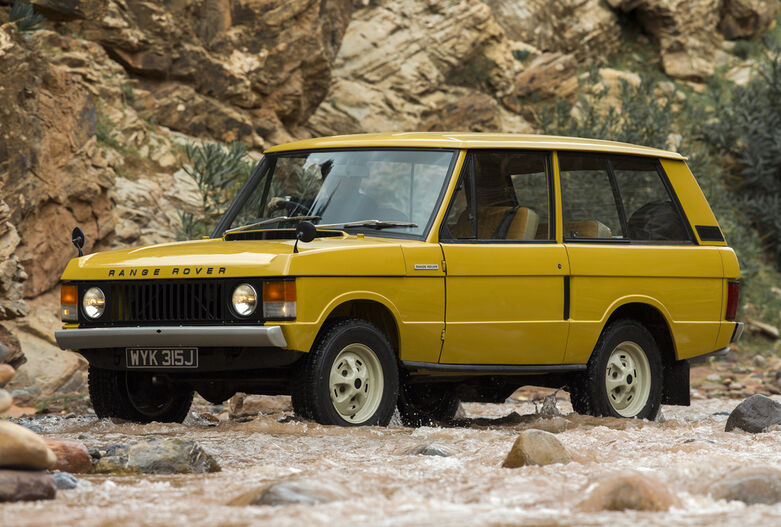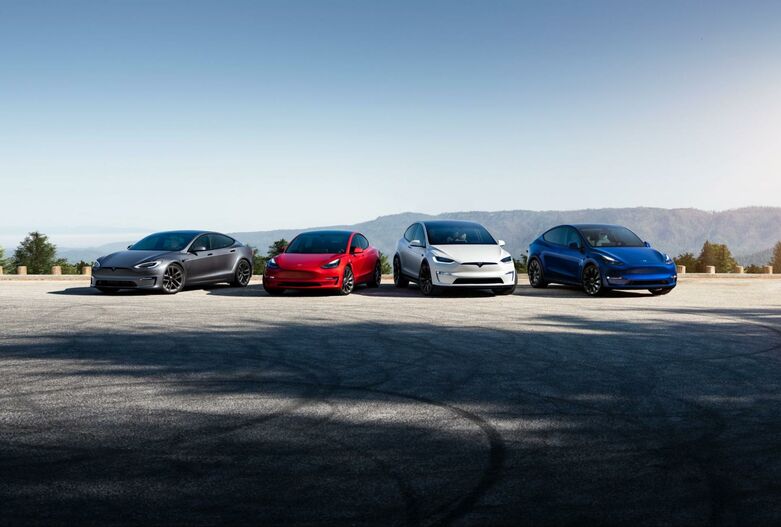A Guide To Buying A Classic Car

Who doesn’t love a classic car? From engineering to design, classic cars are timeless. When it comes to buying a classic car, there are a few things to take into consideration such as price and maintenance costs.
We’ve put together a guide with everything you need to know when it comes to navigating the world of classic car ownership.
What Makes a Car Classic?
The first step in your classic car journey is defining what 'classic' means to you. Is it the sleek lines of a 1960s Jaguar E-Type or the rugged charm of a 1950s Land Rover? Your definition will significantly influence your search and eventual choice. Classic cars can be broadly categorised into antiques, vintage, and classic, each representing different eras and styles.
Crafting a Realistic Budget
When you are looking to purchase a classic car, you’ll need a clear and realistic budget. This budget shouldn’t just include the purchase price but also consider the ongoing maintenance, restoration costs, insurance, and storage. Classic cars can be a significant investment, and their maintenance often requires more resources compared to modern vehicles.
The Importance of Thorough Research
Starting with comprehensive research is crucial. Familiarise yourself with the history, performance specs, and common issues of the model you're interested in. Engaging with online forums, and classic car clubs, and attending car shows can provide invaluable insights. This knowledge is not only vital for making an informed purchase but also enriches the overall ownership experience.
Financing a Classic Car
When it comes to purchasing a classic car, financing can be a sensible option. At Forza Finance, we offer classic car finance. Here’s what you need to consider:
- Understanding Finance Options: Various financing options are available, including Hire Purchase, Lease Purchase, and Personal Contract Purchase. Each has its benefits depending on your financial situation and the car's intended use.
- Assessing Your Financial Position: It's important to assess your financial position realistically. Consider your deposit, monthly payments, and the loan's term, ensuring they align with your overall financial plan.
- Advantages of Financing: Financing can make owning a classic car more accessible. It allows you to spread the cost over time, potentially enabling you to purchase a more valuable or desirable car than a cash purchase would allow.
- Forza Finance Expertise: Our team at Forza Finance can guide you through the process, offering competitive rates and flexible terms. We understand the unique nature of classic cars and can tailor a package that suits both your dream car and your financial circumstances.
Provenance and Documentation
A classic car's history and documentation are as vital as its mechanical condition. Provenance, including previous ownership, originality, and any restoration or modifications, plays a crucial role in the car's value and authenticity. Detailed service records and receipts for work carried out are indicators of a well-maintained vehicle and can provide peace of mind.
Conducting a Thorough Inspection
Investing in a professional inspection is paramount. This should include a detailed check of the bodywork for rust or accident damage, a thorough examination of the engine and mechanical parts, and a test of the electrical systems. A test drive is essential to gauge the car's performance and handling characteristics. If you're not technically inclined, hiring an expert or a knowledgeable enthusiast to accompany you is advisable.
Contemplating Modern Modifications
A key decision for classic car owners is whether to keep the car completely original or to introduce modern modifications for improved reliability and comfort. This is a personal choice and can depend on how you intend to use the car - whether as a showpiece, a weekend driver, or for regular use.
Insurance and Security Considerations
Insuring a classic car often differs from insuring a modern vehicle. Specialised classic car insurance policies may offer agreed value cover, limited mileage discounts, and coverage for classic car events. Security is another crucial aspect, as classic cars can be highly sought after by thieves. Investing in a good security system and secure storage is essential.
Navigating the Legalities and Paperwork
When purchasing a classic car, it's essential to navigate the legalities and paperwork meticulously. Ensure that the vehicle has a clear title and check for any liens against it. Understand the vehicle's registration status, especially if it's an import or has been off the road for an extended period. Familiarise yourself with the MOT requirements for classic cars, as these can differ from modern vehicles. Any cars that were built or first registered more than 40 years ago, do not require an MOT
Understanding Restoration Costs and Processes
If your chosen classic car requires restoration, it's crucial to understand the costs and processes involved. Restoration can be costly and time-consuming but incredibly rewarding. Assess whether you’re looking for a full restoration project, a car that needs minor work, or one in competition condition. Each choice comes with different financial and time commitments.
Appreciating the Commitment
Owning a classic car is more than a hobby; it's a commitment. These vehicles demand regular maintenance, often with a need for specialist care. They may not be as reliable or comfortable as modern cars, but they offer an unmatched sense of character and connection to the past.
Considering Storage and Maintenance
Proper storage and regular maintenance are key to preserving a classic car's condition. Consider factors like climate control, security, and space. Even when the car is not in use, regular maintenance is essential to keep it running smoothly and prevent long-term issues.
Building a Relationship with a Trusted Mechanic
Finding a mechanic who specialises in classic cars can be a game-changer. They can offer invaluable advice, perform routine maintenance, and help with more complex issues. Building a good relationship with a trusted mechanic who understands your specific model can be incredibly beneficial.
Future Value Considerations
While classic cars can be a great passion, they can also be a sound investment. Some models appreciate over time. Research the market trends for your chosen model, understanding that classic car values can fluctuate based on various factors including rarity, demand, and historical significance.
Environmental Considerations
As environmental concerns grow, owning a classic car comes with certain responsibilities. Be aware of emissions regulations and consider ways to reduce your environmental impact, such as using lead-free fuel or participating in carbon offset programs.
Passing on the Legacy
Finally, think about the legacy of your classic car. These vehicles often become cherished family heirlooms, passed down through generations. Consider how you can preserve its history and ensure its future, keeping the classic car culture alive and thriving.
Owning a classic car is a journey filled with joy, challenges, and learning. It's not just about the vehicle; it's about the experiences, the community, and the legacy. Forza Finance supports you every step of the way, ensuring that your classic car dream becomes a rewarding reality.
Credit: https://media.landrover.com/en-gb/images?page=4


